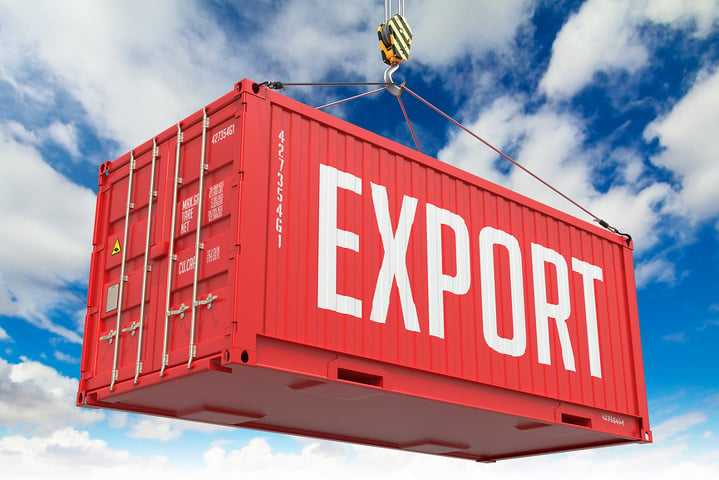# RMG industry will suffer the most
# Incentives also reduce on jute, leather goods
# 10 percent incentives for exporting meat
The government reduced cash assistance for all types of exports for the second time which may put pressure on investment and ultimately creates unemployment in the country. Exporters said that there is no logic in the decision to reduce the incentive on the pretext of graduating from the Least Developed Country (LDC).
According to the entrepreneurs, the export sector is in crisis due to the increase in interest rates, gas and electricity prices and the implementation of increased wages. In this situation, reducing incentives will create negative aspects in export-oriented industries. Investment may be reduced, employment will be at risk.
Economists said that the government will not be able to provide incentives in the post-LDC process, as well as the problems of exporters will have to be seen. They are not getting gas and electricity in exchange for money, so they need cash assistance as compensation. If necessary, logistic support, trade facilities and port systems will have to be improved. Because if an advantage of the export sector is reduced to sustain global competitiveness, the economy will be damaged if alternative facilities are not provided.
On June 30, Bangladesh Bank issued a notification announcing export incentives/cash assistance for 43 sectors from July 1 to June 30 next year for the fiscal year 2024-25. But according to this year's notification, exporters will get much less cash assistance than before. Earlier in February, cash assistance was reduced on products.
Instead of duty bonds and duty drawbacks, 1.5 percent alternative cash assistance will be given to the export-oriented domestic textile sector shipped from July 1. It was reduced from 4 per cent to 3 percent in February.
As a result of the new directive of the central bank, the rate of incentive for textile exporters has been reduced to 1.5 percent, in addition to 3 percent. In addition to the existing 1.50 percent special assistance for textile exporters in the euro area, the special assistance has been reduced to 0.5 percent.
Cash assistance for all small and medium industries included in the export-oriented readymade garment sector will be 3 percent, which was previously 4 percent. The new market expansion facility of the textile sector will be 2 percent. It was reduced from 4 percent to 3 per cent in February.
From now on, the cash assistance for diversified jute products has been reduced to 10 percent. It was reduced from 20 percent to 15 percent in February. The incentive on jute final products has been reduced from 7 percent to 5 percent. Earlier it was reduced from 12 to 7 percent. Cash assistance for jute yarn has been reduced to 3 percent. It was reduced from 7 percent to 5 percent in February.
Cash assistance for export of leather goods has been reduced from 12 percent to 10 percent. Before February, it was 15 percent. The government has reduced the export incentive to 6 percent for the export of crusted and finished leather produced in the factories located in Savar Tannery Industrial City and those with their own ETPs located outside Savar. It was reduced from 10 percent to 7 percent in February.
Cash assistance on raw materials for medicines was reduced from 10 to 5 percent. In February, it was reduced from 20 percent to 10 percent. Ten percent cash assistance will be given for halal meat export. It was reduced from 20 percent to 15 percent in February. Frozen shrimp export will be given 4 percent to 8 percent cash assistance according to the rate of ice cover. Agricultural products (vegetables/fruits), processed agricultural products and potatoes will get 10 percent cash assistance.
Distinguished Fellow of the Center for Policy Dialogue (CPD) Economist Dr Mustafizur Rahman said that the government is saying that after the graduation of LDCs, they will not be able to give special benefits to exports from November 2026. There is logic to the government's words here. At the same time, exporters will have to see that the cost of producing goods has increased a lot. If their problems are not solved, investment will not come, employment will not increase.
ZH






